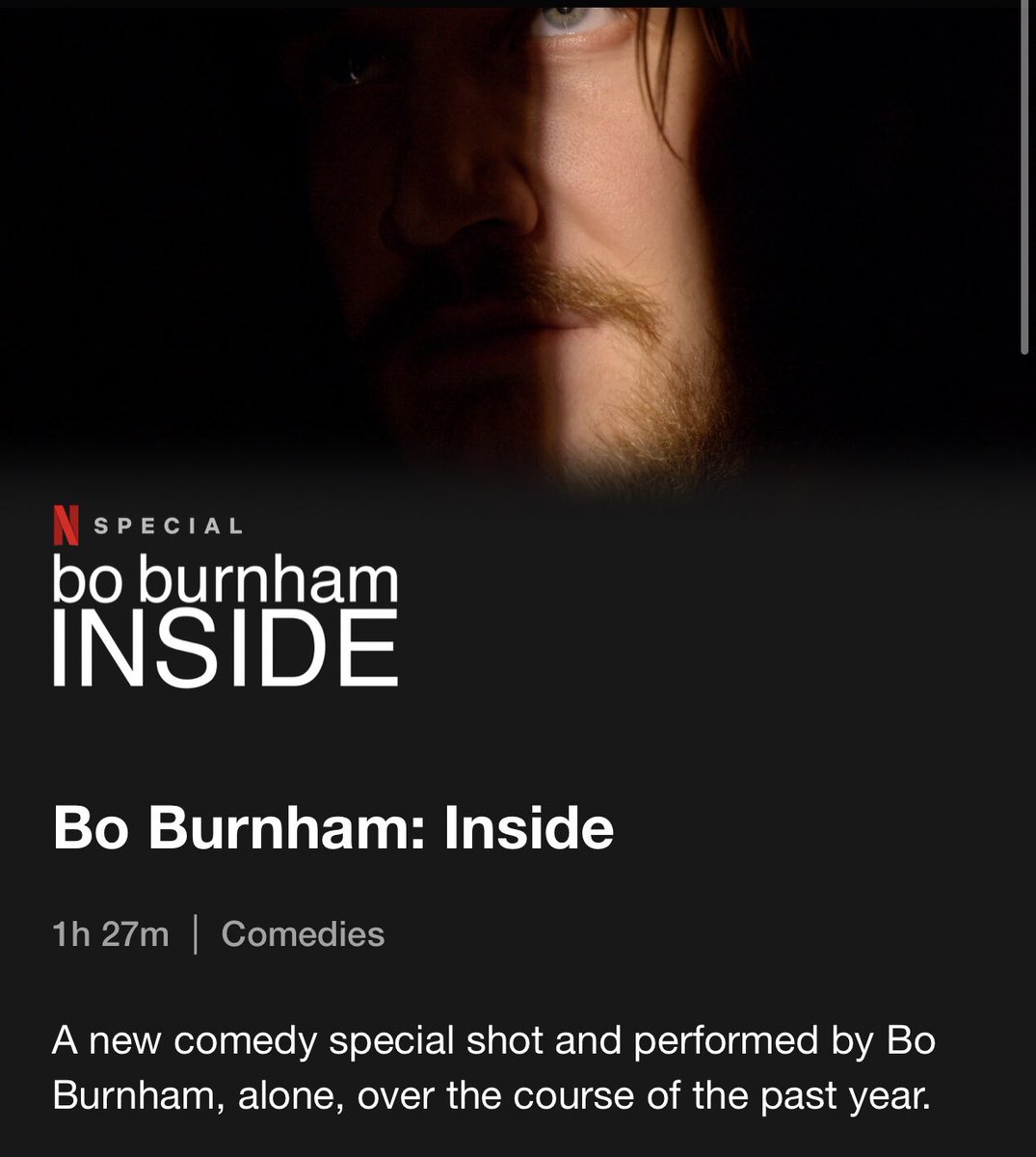
via your classmate Jeremy
Despite the legalization of recreational marijuana in Canada and and ever-growing number of American states, the topic of cannabis usage remains a taboo topic my many North Americans (Beals 2022). Moreover, the level of sensitivity surrounding this topic has made it challenging for brands within the cannabis industry to pursue marketing initiatives that can effectively develop relationships with their consumers.
Weedmaps, a technology platform that offers consumers ordering solutions and cannabis education, has recently attempted to make a statement about the obstacles within the branding aspect of their industry. Specifically, they have utilized brand storytelling within a digital ad to voice their opinion on the roadblocks that they face regarding cannabis marketing censorship.
The mentioned digital ad takes the audience through a day in the life of “Brock Ollie”, a broccoli themed character who constantly gets mistaken for cannabis. This is accentuated through the interactions he has in his daily life, in which his peers use innuendos to address him. For example, his co-workers tell him to “Go get that green, bud”, as he heads towards a finance meeting. At the end of his day, Brock Ollie expresses his frustration of being mistaken as a “cannabis” to his friends “pot” and “leaf”, when in fact he is a “broccoli”.
While Weedmaps has taken a humorous approach to this ad, the underlying message represents their challenge of navigating around brand marketing within the cannabis industry. The negative stigma still surrounding cannabis obligates brands to use figurative ideas and images to censor their cannabis products, such as broccoli and trees. More importantly, it forces the marketing of cannabis products to be subtle, vague, and uninformative, making it challenging for brands to educate and develop relationships with their consumers.
In an interview, CEO of Weedmaps, Chris Beals expressed his opinion on how restricting the marketing aspect of cannabis related products not only impedes the growth of the industry, but actually may do more harm than good. “Advertising restrictions are simply one part of a much larger issue. Objective and reliable information about cannabis is integral to the sustained growth of this industry. The deficiency of such information and the current limitations that hinder cannabis education continue to negatively impact other areas, such as medical research, and it’s time we begin to address them.”
With the “Brock Ollie” Weedmaps ad being denied from being broadcast on the recent Super Bowl 56 (NBC, 2022), it just goes to prove how conversation around cannabis use is still a sensitive topic. However, with the everchanging consumer mindsets and generational cohorts, we could potentially see a more outspoken approach to cannabis brand marketing in the near future.
https://weedmaps.com/corporate
https://www.linkedin.com/company/weedmaps/?originalSubdomain=ca
https://www.foxbusiness.com/sports/weedmaps-cannabis-super-bowl-sunday











